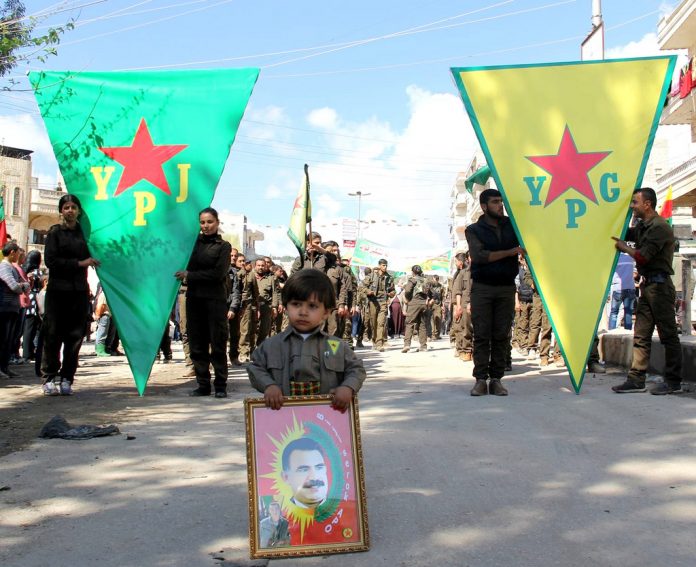In their war against Turkey in the northwestern region of Afrin, Syria’s US-backed Kurds are getting indirect help from pro-government forces.
Syria’s President Bashar al-Assad opposes the Kurds’ demands for autonomy and pro-government forces have been fighting Kurdish-led forces elsewhere in Syria. But things are different in Afrin where both sides want to block Turkish advances.
As reported by the Reuters news agency, Turkey, which regards the Kurdish YPG militia in Afrin as a threat on its southern border, launched an assault on the region last month. Seeking to shield Afrin, the Kurds asked Damascus to send forces into action to defend the border.
The government shows no sign of doing so, but it is providing indirect help by allowing Kurdish fighters, civilians and politicians to reach Afrin through territory it holds, representatives of both sides told Reuters.
The arrival of reinforcements is likely to sustain Kurdish resistance, bog down the Turkish forces and prolong a conflict that is sapping the resources of military powers that rival him for control of Syrian territory.
However, even though the Kurds depend on Assad to reach Afrin, Kurdish sources say they also enjoy leverage over Damascus because it needs their cooperation to source grain and oil from areas of the northeast under Kurdish control.
A commander in the military alliance fighting in support of Assad said “the Kurds have no option but coordination with the regime” to defend Afrin.
“The Syrian regime is helping the Kurds with humanitarian support and some logistics, like turning a blind eye and allowing Kurdish support to reach some fronts,” said the commander, who spoke on condition of anonymity.
According to Reuters, the Afrin war marks another twist in the complicated story of relations between Assad and the Syrian Kurdish groups, spearheaded by the YPG, that have carved out autonomous regions in northern Syria since the war began in 2011.
The YPG controls nearly all of Syria’s frontier with Turkey. But Afrin is separated from the bigger Kurdish-controlled region further east by a 100 km-wide zone controlled by the Turkish military and its Syrian militia allies.

